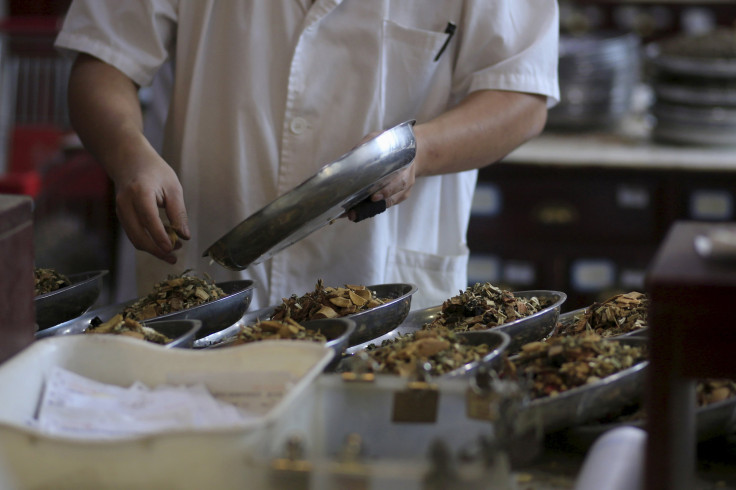China's Market For Vitamin And Mineral Supplements Face Challenge From Old-School Traditional Remedies

China's market for vitamins and supplements is facing a huge challenge from the traditional medicines market. The old-school remedies, including ginseng and deer antler, seem to pose a great risk of the much-hyped Chinese market for vitamins and supplements.
With a surge in the share price and billion-dollar deals in the pipeline, it is estimated that the market for vitamins and supplements will grow 5 percent each year to reach $20 billion by 2019. However, it is only half the speed of the growth of the market since 2009.
At the same time, the market for traditional medicines is expected to grow to $40 billion. The business clearly seems to have outstripped the vitamins market by growing twice as fast. The continuous change in the healthcare market has prompted different vitamins firms, including Pfizer and Amway, to look for an inspiration from the traditional Chinese medicines.
Amway, for example, now offers a ginseng- and licorice-based medicine for liver and memory health. Ginseng and licorice are traditional Chinese ingredients used to develop a variety of medicines. Reuters reported that Amway also recently invested $13 million in a traditional Chinese research lab based in the eastern Chinese city of Wuxi.
“We've tried to learn the heritage and marry it with modern life sciences," said Jia Chen of the Amway's China research and development division. "Half of the population still believes in traditional ways and still go to traditional doctors or hospitals. This is a way of life and is passed from generation to generation."
As compared to the limited Western-style vitamins market, traditional Chinese medicines are used to treat everything from cancer to memory problems. A combination of supportive government policies, health awareness, ancient culture and rising incomes has further strengthened the roots of the traditional medicines in China in the recent years.
© Copyright IBTimes 2025. All rights reserved.



















